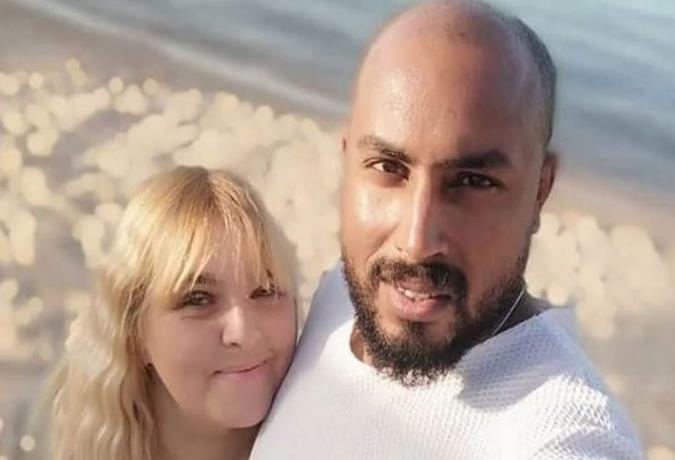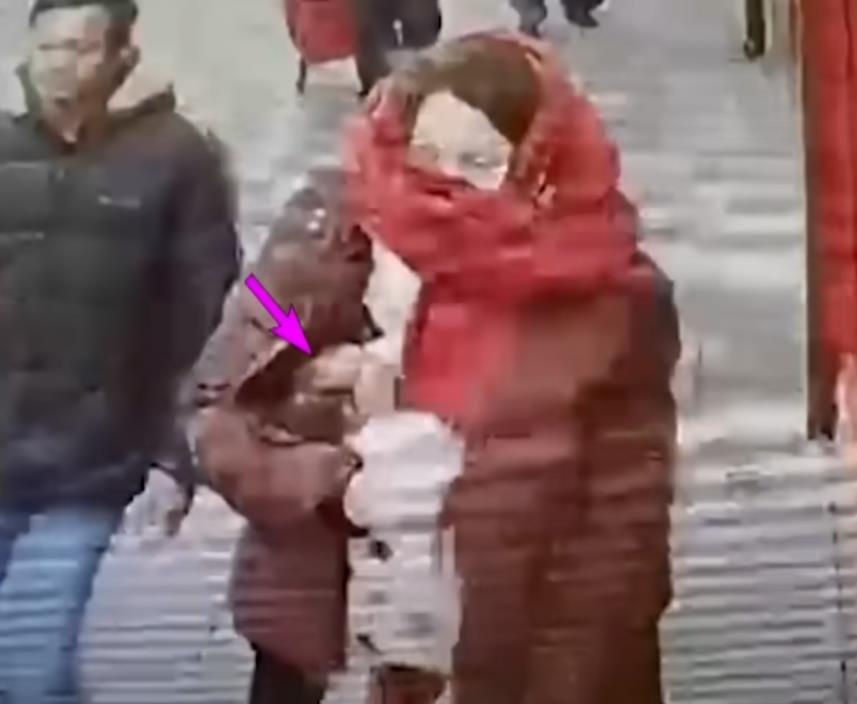Raizel Kalago, a teenager from the Philippines, suffers from a rare genetic disease called progeria that causes accelerated aging, making her look much older than her actual age. Her struggle with the disease, including pain and bullying, has touched many around the world. Raizel’s mother highlights the difficulties of facing this diagnosis and how the disease affects her daily life. The family is trying to raise funds for therapy that could slow the progression of the disease. Progeria is a rare disease causing aging symptoms in young people, and Raizel represents an adult form of the disease known as Werner syndrome.
Political Perspectives:
Left: Left-leaning outlets emphasize the human and emotional aspects of Raizel’s story, focusing on the challenges faced by individuals with rare diseases, the impact of bullying, and the need for social support and healthcare access. They highlight the family’s struggle and call for increased awareness and funding for rare diseases.
Center: Center-leaning sources report the facts of Raizel’s condition and her personal story with a balanced tone, providing medical information about progeria and Werner syndrome, and the social challenges she faces. They focus on raising awareness and informing the public about the disease and the importance of medical research and support.
Right: Right-leaning media may focus on the inspirational aspect of Raizel’s fight against a rare disease, emphasizing personal resilience and family values. They might also highlight the importance of private charity and community support rather than government intervention, and the challenges of dealing with rare diseases in a healthcare system.



















